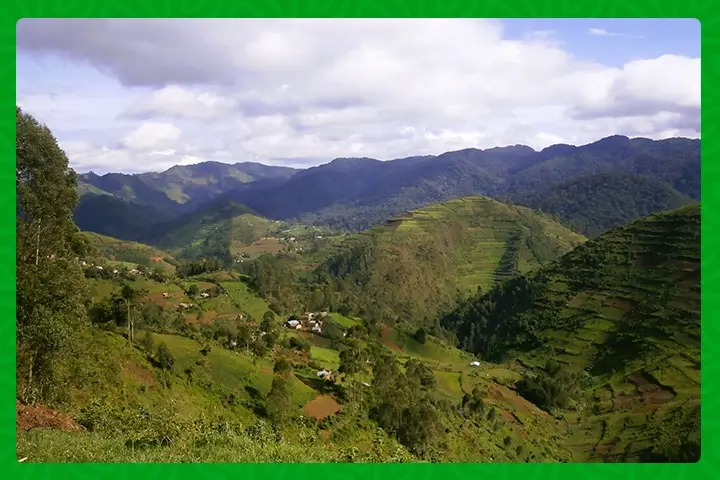

Restorative agriculture presents a promising pathway to rejuvenate ecosystems and sustain a resilient food system vital to agricultural sustainability. At the heart of this shift lies the crucial connection between equitable land tenure security and the effective implementation of restorative farming methods.
Christopher Burke
Managing Director, WMC Africa
Restorative agriculture embodies a holistic approach to farming and land management aimed at revitalizing ecosystems while meeting the growing demands of food production sustainably. Key principles include bolstering soil health, promoting biodiversity, adopting sustainable water management and the adoption of carbon sequestration techniques. Translating these principles into practice necessitates more than technical proficiency. A secure foundation firmly rooted in land tenure security is critical.
Land tenure security encompasses the assurance and safeguarding of individual and community land rights that facilitate stability, legal recognition and protection against the threat of dispossession. Tenure security is the linchpin that unifies a variety of practices targeting ecological regeneration and sustainable food production.
Soil health is the cornerstone of restorative agriculture encompassing practices such as cover cropping, crop rotation and reduced tillage. The effective implementation of these techniques demands a long-term commitment to the land that can only be achieved when land tenure is secure.
Secure land tenure empowers farmers to confidently invest in soil regeneration practices with the knowledge that the benefits accrued will be jeopardized. This security is vital to woman and vulnerable groups including marginalized communities and enables sustainable investments in soil health to break the cycle of land degradation and poverty.
Restorative agriculture champions biodiversity conservation through diverse farming practices including the planting of a variety of crops, integration of hedgerows and preservation of natural habitats. Secure land tenure is critical to the substance of these efforts, especially for women who invariably lead biodiversity conservation.
The planning and execution of long-term biodiversity conservation strategies hinge on land tenure security that empowers farmers to engage in diverse agricultural activities to enhance resilience in the face of environmental change.
Sustainable water management is also crucial and includes techniques such as rainwater harvesting and efficient irrigation integral to the maintenance of soil health and control over erosion. Once again, secure land tenure is essential for the implementation of precise long-term water management practices, especially in dry and water-scarce regions.
Regenerative grazing, a key practice, mimics natural patterns to improve soil health and prevent overgrazing. Careful land management is only feasible with secure land tenure enabling sustainable grazing practices that benefit both the land and livestock.
Restorative agriculture actively mitigates climate change by capturing and storing carbon in the soil through practices such as agroforestry and rotational grazing that rely on secure land tenure for sustained implementation.
The interconnectedness of soil, water, plants, animals and human communities requires a balanced approach to agricultural management facilitated by secure land tenure. It is crucial that policymakers, practitioners and communities are made aware of the interplay of these factors to promote inclusive land tenure policies that empower women and vulnerable groups to foster community-driven approaches aligned with principles of equity and social justice.
Secure land tenure serves as a means of climate resilience enabling the participation of all members of the community, including women and the most vulnerable, to adopt restorative agriculture practices and strengthen sustainability. Restorative agriculture demands a delicate balance that is only achievable when land tenure is secure. It is imperative to recognize and prioritize this nexus for the sustainable future of agriculture and our planet.
END
Christopher Burke is the managing director of WMC Africa, a communications and advisory agency in Kampala, Uganda. He has almost 30 years’ experience working on a broad range of issues in social, political and economic development focused on land governance, agriculture and peace-building based in Asia and Africa.


















